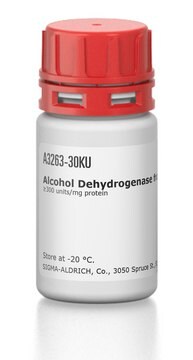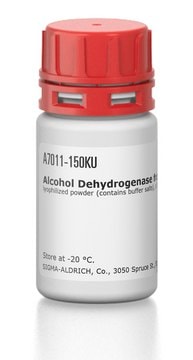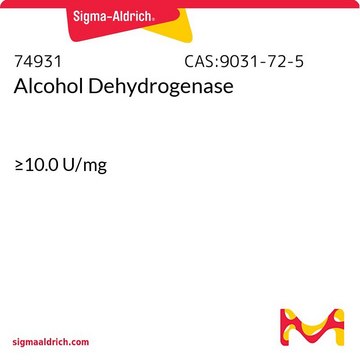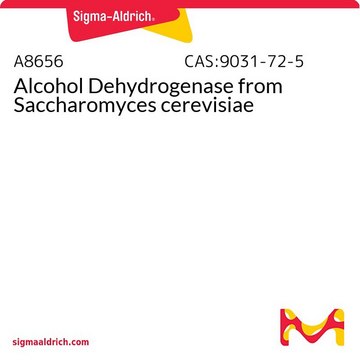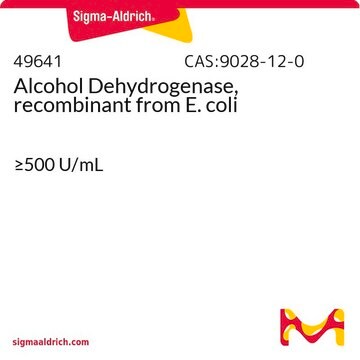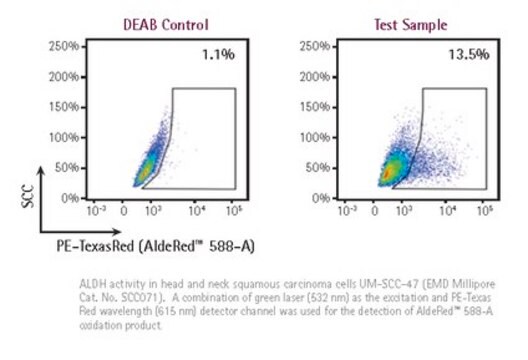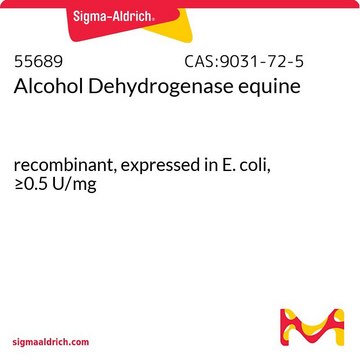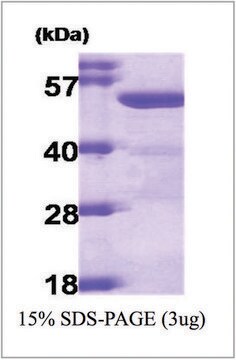Kluczowe dokumenty
MAK053
Alcohol Dehydrogenase Activity Assay Kit
sufficient for 100 colorimetric tests
About This Item
Polecane produkty
zastosowanie
sufficient for 100 colorimetric tests
metoda wykrywania
colorimetric
powiązane choroby
gastrointestinal diseases
temp. przechowywania
−20°C
informacje o genach
human ... ADH1A(124) , ADH1B(125) , ADH1C(126) , ADH4(127) , ADH5(128) , ADH6(130) , ADH7(131)
mouse ... ADH1C(11522) , ADH4(26876) , ADH5(11532) , ADH6A(69117) , ADH7(11529)
rat ... ADH1C(24172) , ADH4(29646) , ADH5(100145871) , ADH6(310903) , ADH6A(295498) , ADH7(171178)
Opis ogólny
Zastosowanie
Przydatność
Zasada
zastąpiony przez
Hasło ostrzegawcze
Danger
Zwroty wskazujące rodzaj zagrożenia
Zwroty wskazujące środki ostrożności
Klasyfikacja zagrożeń
Aquatic Chronic 3 - Eye Irrit. 2 - Flam. Liq. 2
Kod klasy składowania
3 - Flammable liquids
Temperatura zapłonu (°F)
53.6 °F - closed cup
Temperatura zapłonu (°C)
12.0 °C - closed cup
Certyfikaty analizy (CoA)
Poszukaj Certyfikaty analizy (CoA), wpisując numer partii/serii produktów. Numery serii i partii można znaleźć na etykiecie produktu po słowach „seria” lub „partia”.
Masz już ten produkt?
Dokumenty związane z niedawno zakupionymi produktami zostały zamieszczone w Bibliotece dokumentów.
Klienci oglądali również te produkty
Nasz zespół naukowców ma doświadczenie we wszystkich obszarach badań, w tym w naukach przyrodniczych, materiałoznawstwie, syntezie chemicznej, chromatografii, analityce i wielu innych dziedzinach.
Skontaktuj się z zespołem ds. pomocy technicznej
